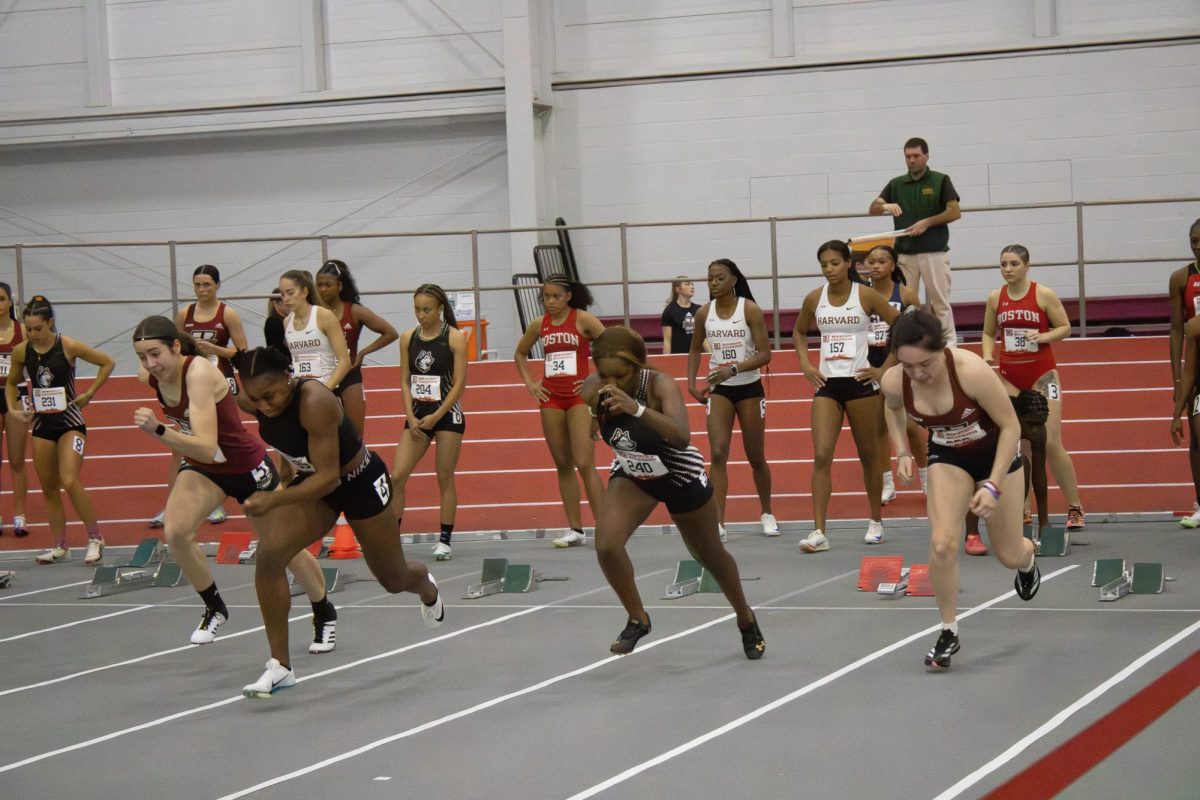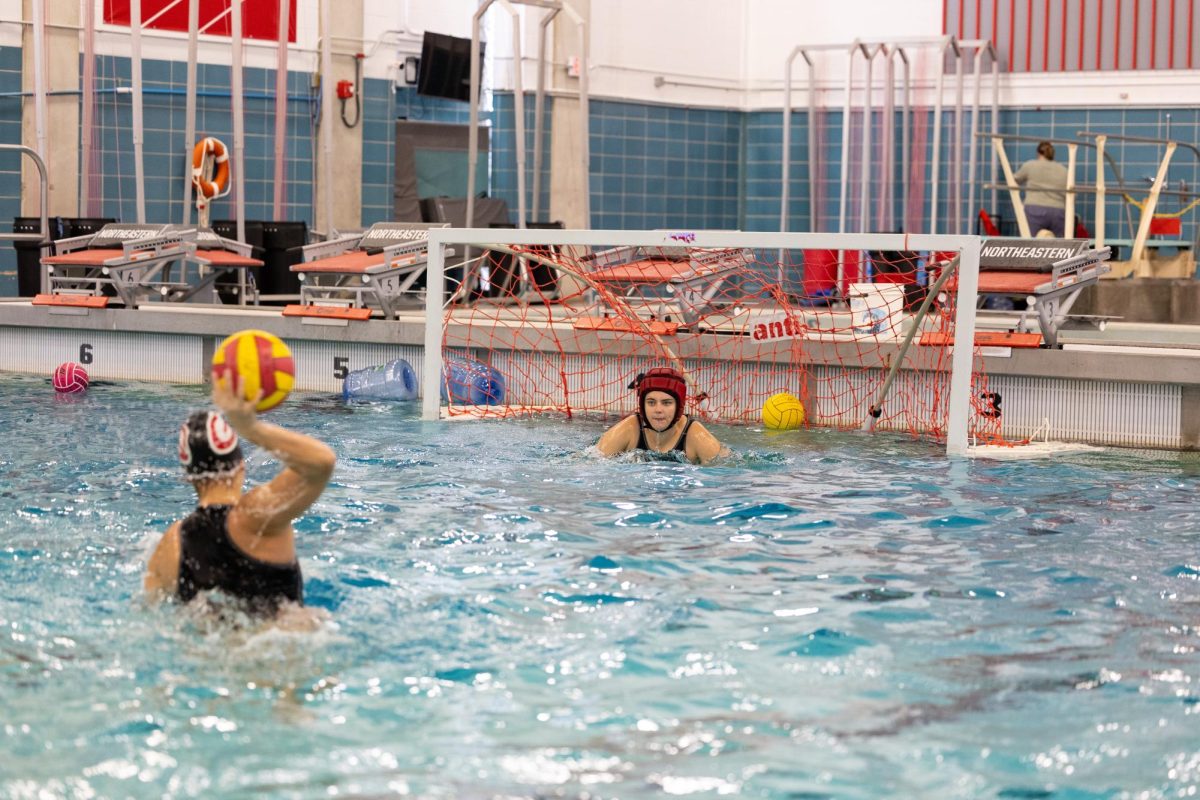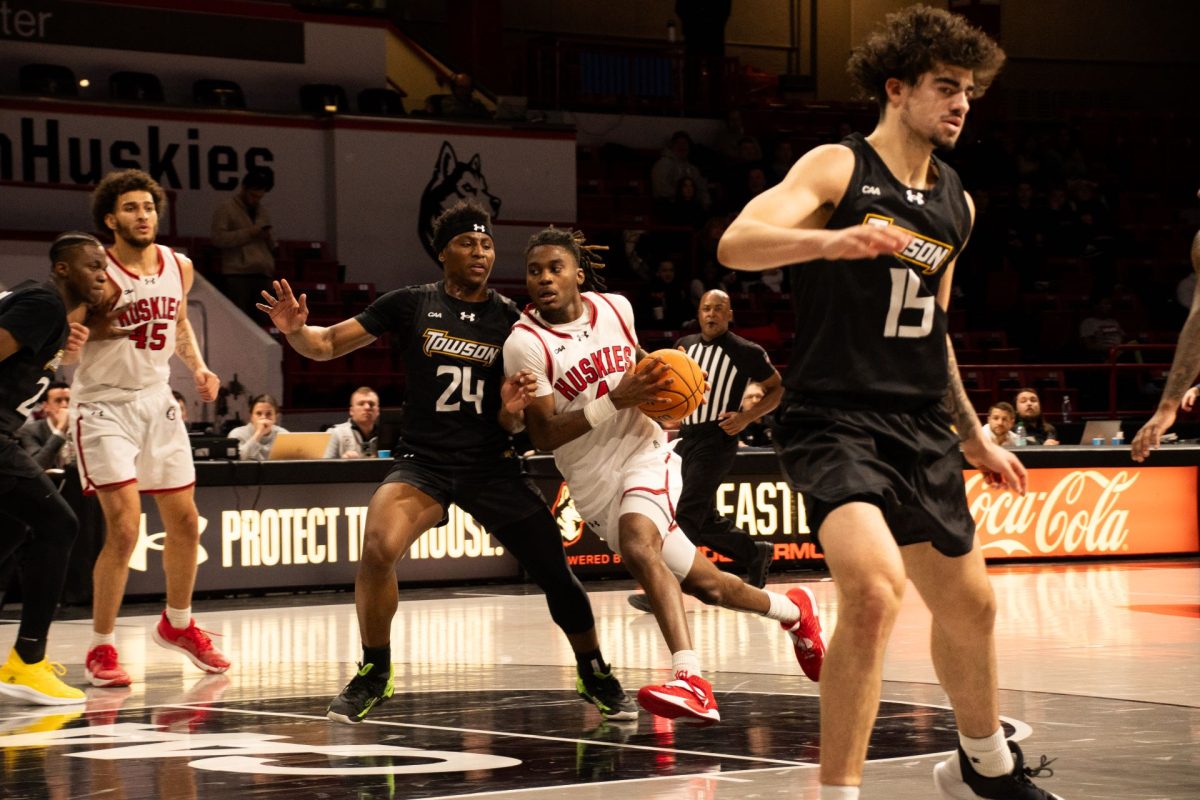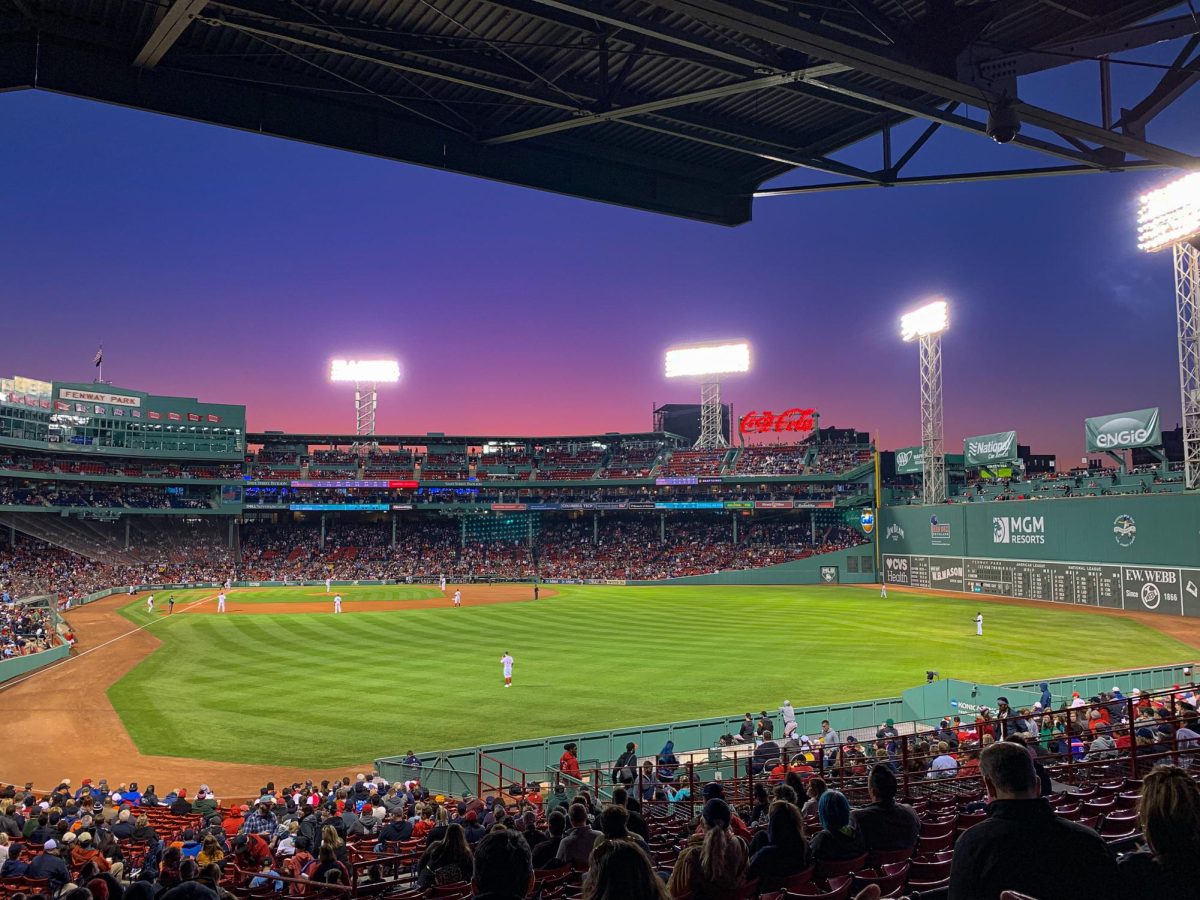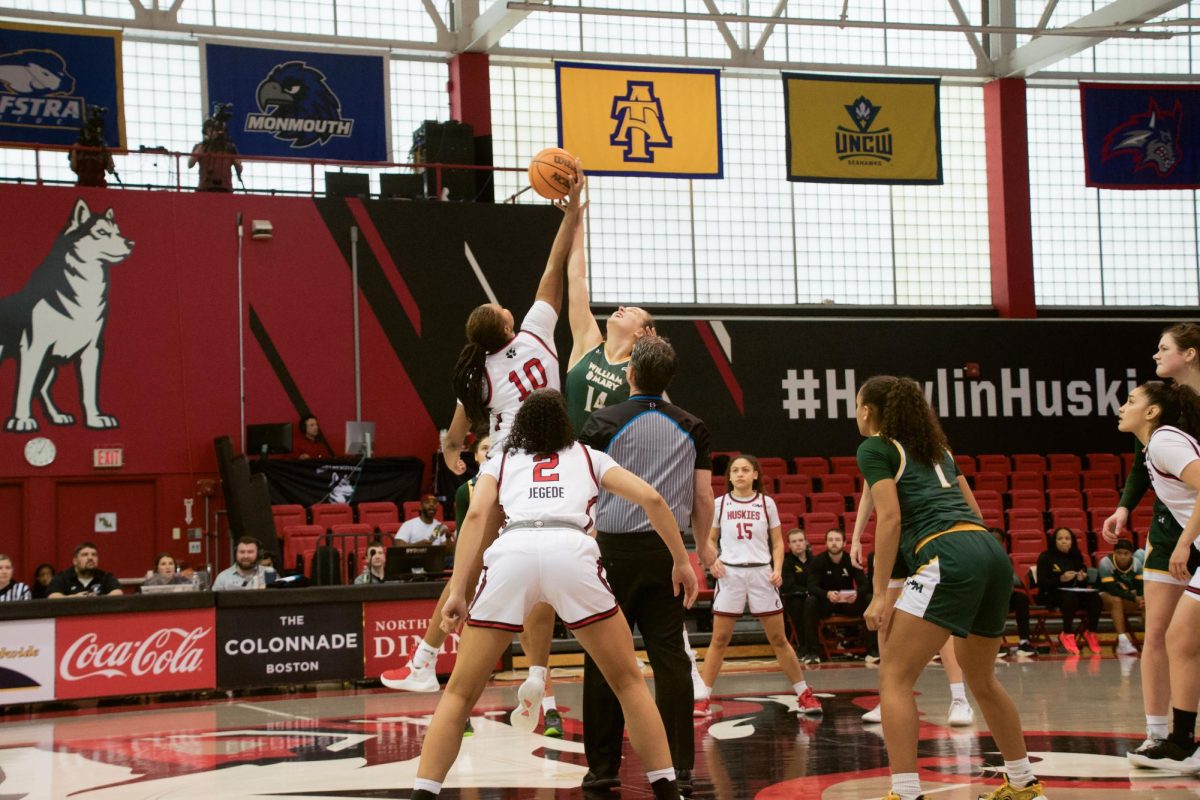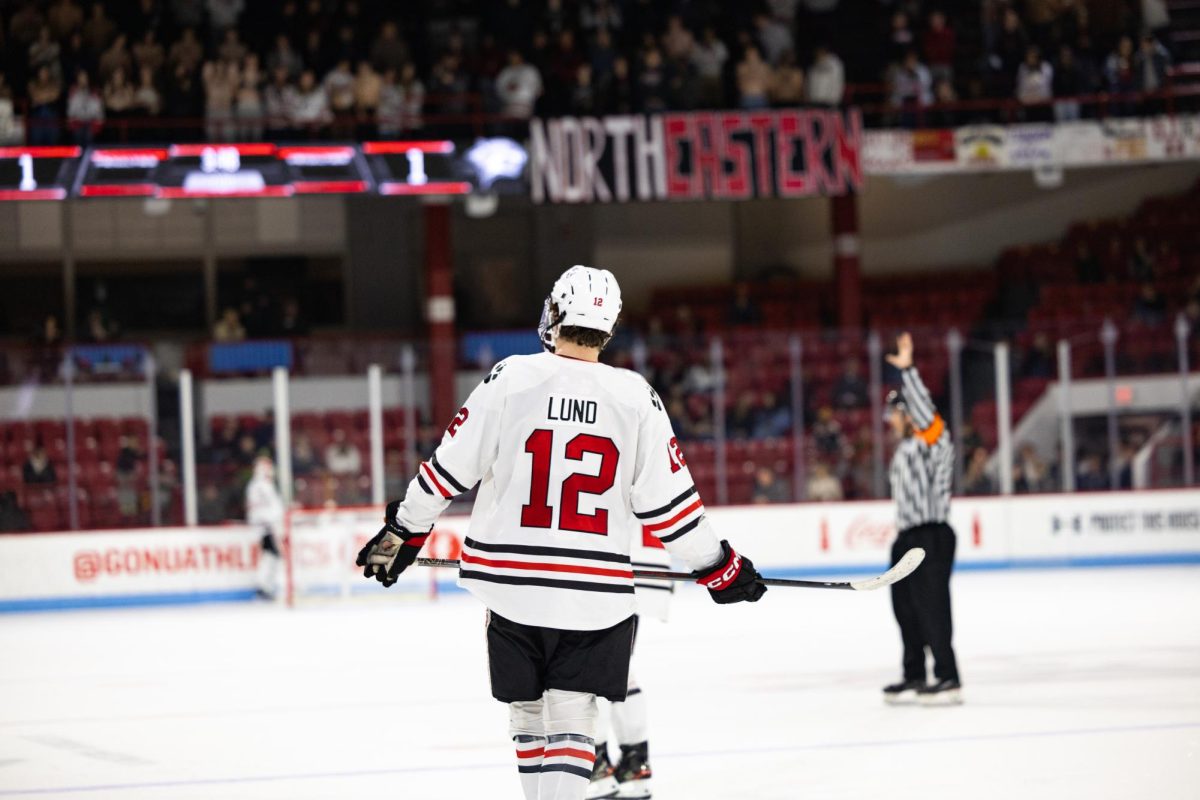At least NFL teams avoided the media circus by not signing Colin Kaepernick, right guys? If you watched any football at all this past week you saw protests of some sort in full effect. While Kaepernick remains unsigned, the movement he started by kneeling during the National Anthem throughout the 2016 NFL season has carried over resoundingly.
For context, President Donald J. Trump gave a speech in Alabama on Friday in which he called every NFL player protesting during our National Anthem a “son of a b—-,” going on to say that they should be released by their respective teams for “disrespecting the flag” and our troops. An interesting approach for an individual who dodged the Vietnam War draft five times, but I digress. In an act of “You can’t quit, you’re fired,” Trump took it upon himself to tweet on this same day that he canceled the Golden State Warriors White House visit, something football, baseball, hockey and basketball teams do once they win the championship, after Warriors superstar Stephen Curry publicized that he would vote against going. LeBron James then hilariously called Trump a “bum,” reiterating that Curry wasn’t going anyway. And that brought us to football Sunday.
The Seattle Seahawks and Tennessee Titans remained in the locker rooms during the anthem, some other teams locked arms, the Philadelphia Eagles owner, executives and players were joined by police officers. In one way or another, protests were present everywhere in response to Trump’s attempts to single out individual players.
Trump’s notion that this protesting has anything at all to do with the military or servicemen or servicewomen that protect America is nothing short of a distraction. It appears that Trump has been trying to spin a narrative that protesters hate America, the troops, apple pie, George Washington, casual Fridays, the Fourth of July and just about anything else that will strike the “patriotism” nerve to rally his fan-base.
As this has been nothing short of baffling since the first time I heard a comment that the protests were disrespectful to our soldiers, I’d like to be clear.
Rosa Parks wasn’t standing up against public transportation, Martin Luther King Jr. wasn’t hoping to get a shot at the nicer bathrooms and NFL players are not protesting the actual flag. This is about a standing against a bigot and a bully that now sits in the Oval Office. This is about going against a system that has continuously failed to value people of color, repressing the amount of opportunity available to them.
What we forget is that the athletes on our fantasy teams are just people. When the spotlights turn off and the cleaning crew comes in, those larger-than-life superstars that score the game-winning touchdown go home to their families. They see the news, they check Twitter, some even engage with fans on fake social media accounts. Why would they be expected to “stick to sports” when any other American gets to form full-fledged opinions based strictly off a headline? It’s dehumanizing to act as if those employed for our entertainment should be pigeonholed because they are in that business. Imagine voicing an opinion and someone told you to stick to going to frat parties and club meetings that have food.
African-Americans make up nearly 70 percent of the NFL player population, according to VICE, so issues to people of color are their issues, and they’re the ones that have a platform to act on it.
If a silent and peaceful protest during the National Anthem is more bothersome to you than injustice and disparity between white people and people of color in America then you are part of the problem. You may — for some reason — watch sports as an escape from the racial divide in America that you see on the news every single day. For many Americans, for these football players, these issues are not something that get to be turned off. It extends far past a quasi-sincere comment on another unjust police killing or racially motivated attack.
What is made crystal clear by the critiques toward these short, non-disruptive protests is not what the people do, but what they protest. Organizing in the streets is portrayed as disruptive, dangerous and violent. A silent kneel that you could miss entirely while on a bathroom break is hardly something to shout about.
Looking at affluent athletes and wondering how they can criticize a system that allows them to amass such wealth is 1) insinuating that their wealth is something America allows them to have, rather than something they have earned despite the odds, 2) the socioeconomic equivalent of “I have black friends so I can’t be racist” and 3) deplorably naïve.
Not three weeks ago NFL star Michael Bennett was mistaken for an active shooter in Las Vegas, illegally detained and allegedly had a gun placed near his head under the threat that any movement and the officer will “blow [his] f—— head off.” The officer who detained him didn’t have his body camera on, of course, so we can’t be sure. It doesn’t matter how high you climb, black is still dangerous in America.
This is only the beginning. Kaepernick started the movement, and it made a lot of people uncomfortable. Now it must continue. We must be at the forefront, banging pots and pans together demanding to be heard until every nonparticipant, every indifferent person, every “I don’t see color” individual in America has no choice but to be made uncomfortable, because if you see every person protesting the inequality in our “land of the free” as nothing more than an inconvenience, you aren’t looking at all.
I’m thankful for all the athletic, entertaining, musically talented and brilliant people of color that have each clawed their way into the public’s eye and use their platform to voice our issues. This time around you can bet your Make America Great Again hat the revolution will be televised.



